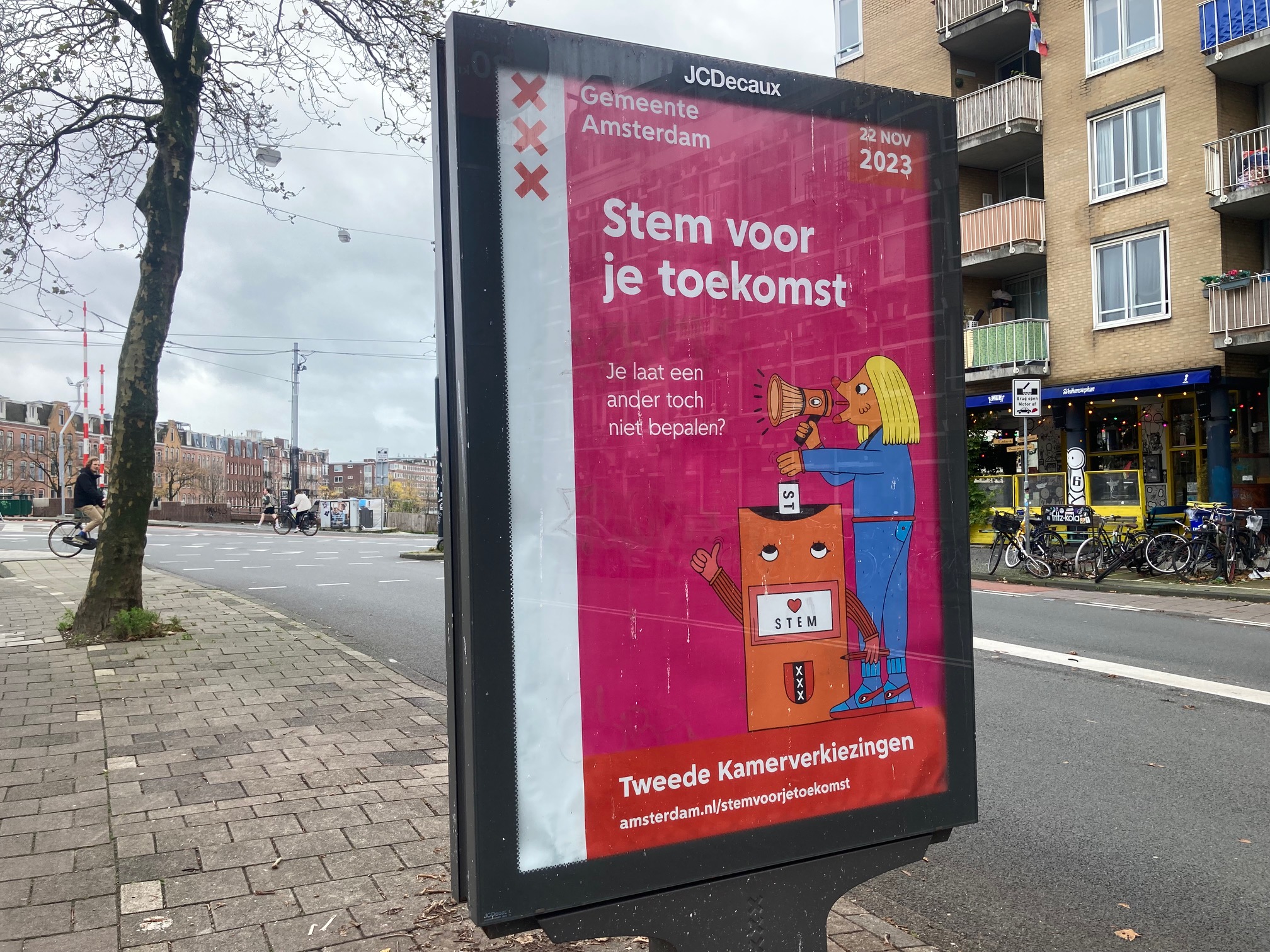Wilders and the ethnic minority vote: what the papers say

Some 25% of the Dutch voted for a far-right party that wants to close the borders and “de-Islamise” the Netherlands. So what has the impact been on the Netherlands’ ethnic minority population?
The Volkskrant sent a reporter into the Schilderswijk district in The Hague, an area dominated by social housing and which was described by Wilders in 2013 as an “enclave” in which “barbaric sharia law” held sway.
Three 20-somethings, Enes, Achraf and Bashir, with Turkish, Moroccan and Somalian roots, told the paper they are not worried about the PVV win and say that Wilders “makes some good points”.
But none of them voted last week, in line with 48% of their fellow locals. Wilders, said Achraf, who works for the Salvation Army, “does not understand us”. Some 45% of Schilderswijk residents voted for Denk, the Labour party spin-off that campaigns for minority rights.
Local Denk party leader Adeel Mahmood told the paper that many people are afraid of “a more radical” approach to Muslims. “And school and mosque boards are worried that they might have to step up security,” he said.
But many people, he said, have not felt represented by the current parties and that, he said, explains both Denk’s success and the one or two protest votes for Wilders from people with ethnic minority roots.
Since the election, claims have been circulating that some Muslims actually voted for the anti-Islam campaigner. Parool columnist Lale Gül, who has written extensively about her rejection of Islam, claimed on television at the weekend she knew 15 young adults with Moroccan or Turkish roots who had voted for Wilders – because of his support for desecularisation.
And librarian Xander Kowollik, who worked at one of the Schilderswijk district’s polling stations, told the Volkskrant paper this was true. “It is not that they support Wilders 100%,” he said. “But they do approve of the way he speaks out for the elderly and they think that he can solve the migration crisis.”
Sociologist Dick Pels, who has written several books about populism, told the Financieele Dagblad that the PVV win was déjà-vu. “Between a quarter and a third of the electorate are mobilized and show that they are conservative nationalists, and against foreigners. First Pim [Fortuyn], then Rita [Verdonk] and now it is Wilders’ turn.
“Like others before him, Wilders has been able to turn that feeling of dissatisfaction into blaming foreigners. Migration was 80% of the result. And there would appear to be a lot of everyday racism in the Netherlands.”
But Marco Pastors, the former leader of right-wing Rotterdam party Leefbaar Rotterdam and current head of a project to improve the south of the city, too said that some foreigners had voted for Wilders.
“I’ve spoken to second-generation Turkish and Moroccan businessmen who filled in the stemwijzer voting aid and the PVV was the winner. “They too are fed up with the problems and the number of newcomers,” he said.
It is not necessarily Wilders’ hatred of Muslims that is the worry, it is the “looking the other way”, Assamaual Saidi told the Volkskrant in a second article. “It is the combination of hatred on one side and indifference and normalisation of that hatred by the political middle on the other. That’s a dangerous cocktail.”
Thank you for donating to DutchNews.nl.
We could not provide the Dutch News service, and keep it free of charge, without the generous support of our readers. Your donations allow us to report on issues you tell us matter, and provide you with a summary of the most important Dutch news each day.
Make a donation